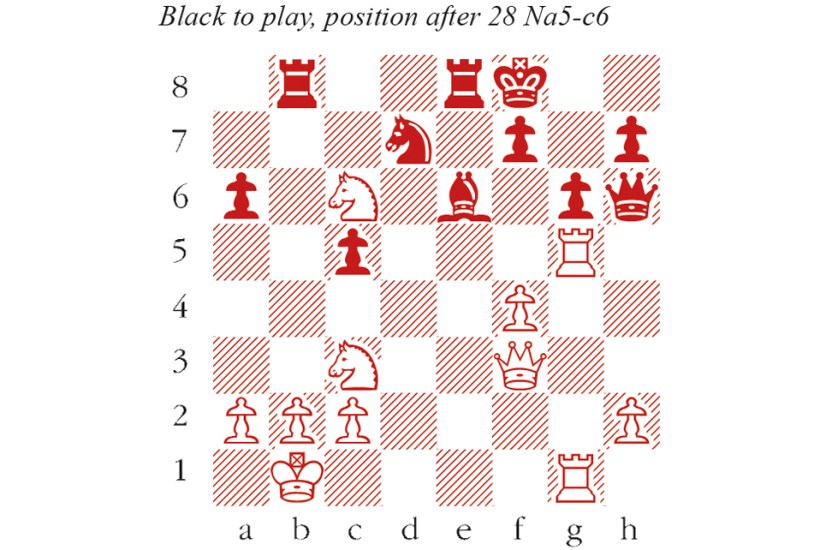Lobbing brickbats at Fide, the International Chess Federation, is always in fashion. The organisation celebrates its centenary this year, but Russia’s top player Nepomniachtchi tweeted a bitter New Year greeting: ‘Let 2024 bring Fide everything that it lacks: transparency, integrity, clear rules, unified standards, wise judges, attentive organisers, recognisable sponsors!’
To that litany of gripes, one could add that a democratic deficit is woven into the fabric of the organisation.
Already a subscriber? Log in
Subscribe for just $2 a week
Try a month of The Spectator Australia absolutely free and without commitment. Not only that but – if you choose to continue – you’ll pay just $2 a week for your first year.
- Unlimited access to spectator.com.au and app
- The weekly edition on the Spectator Australia app
- Spectator podcasts and newsletters
- Full access to spectator.co.uk
Unlock this article
You might disagree with half of it, but you’ll enjoy reading all of it. Try your first month for free, then just $2 a week for the remainder of your first year.








Comments
Don't miss out
Join the conversation with other Spectator Australia readers. Subscribe to leave a comment.
SUBSCRIBEAlready a subscriber? Log in